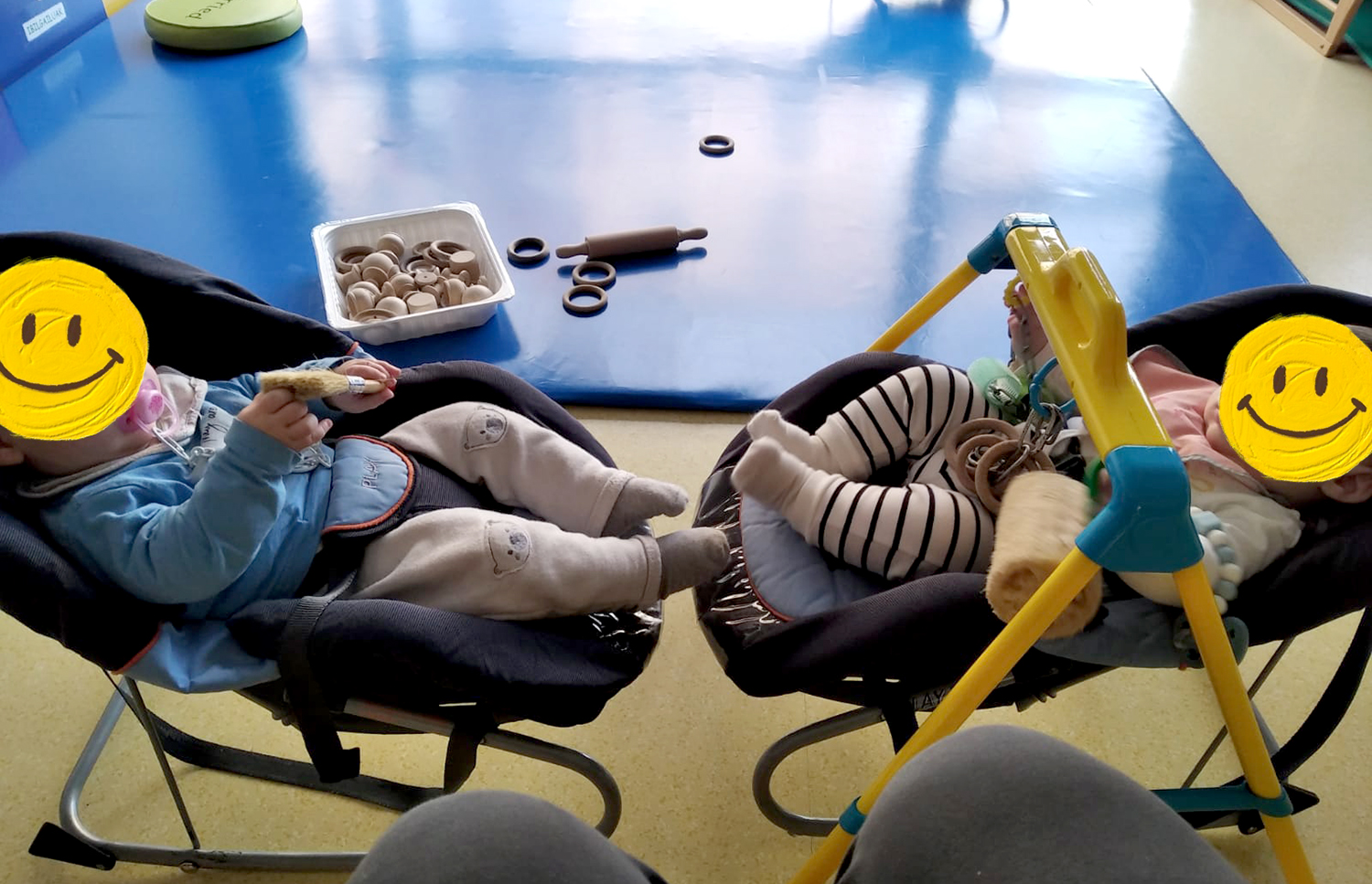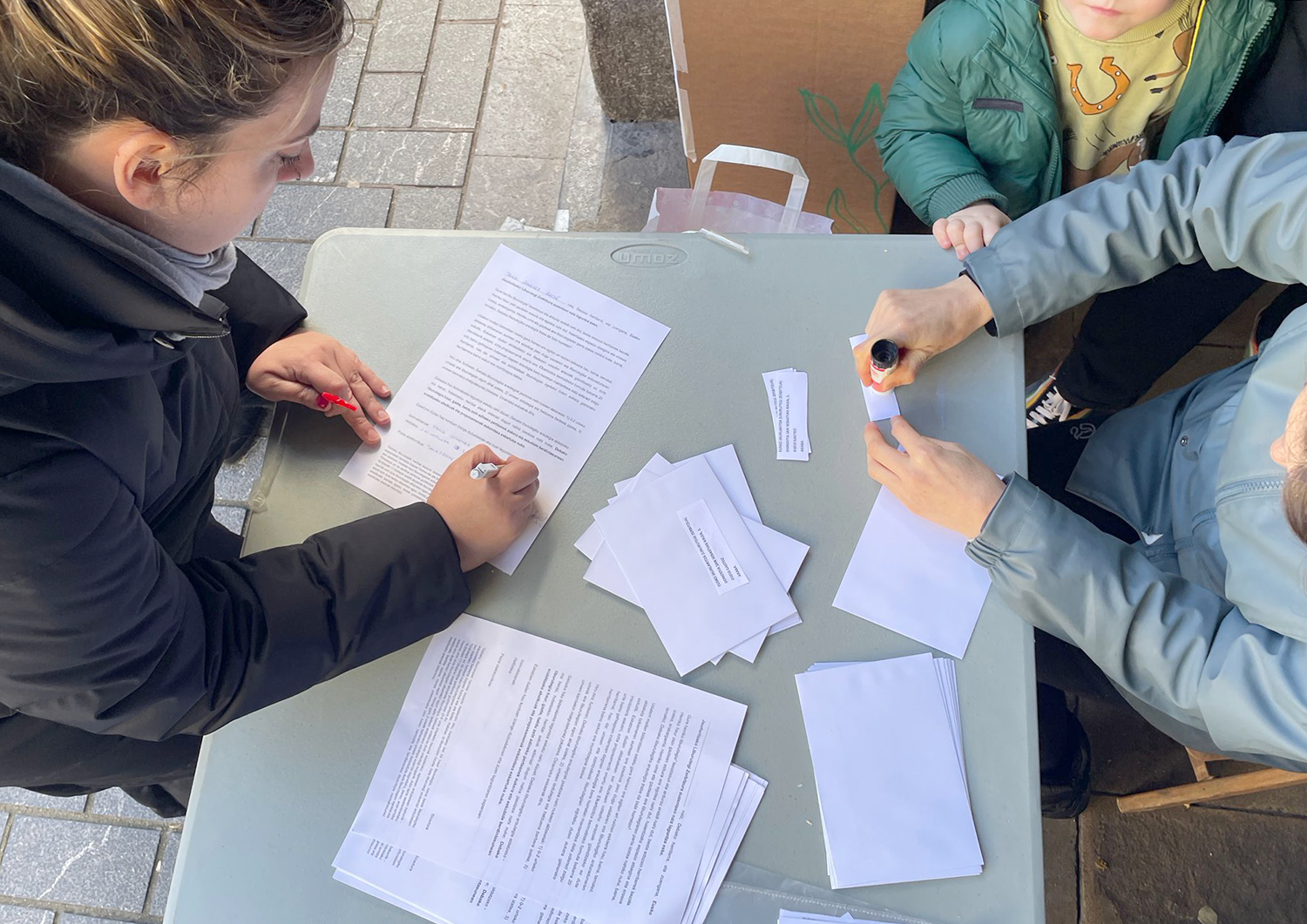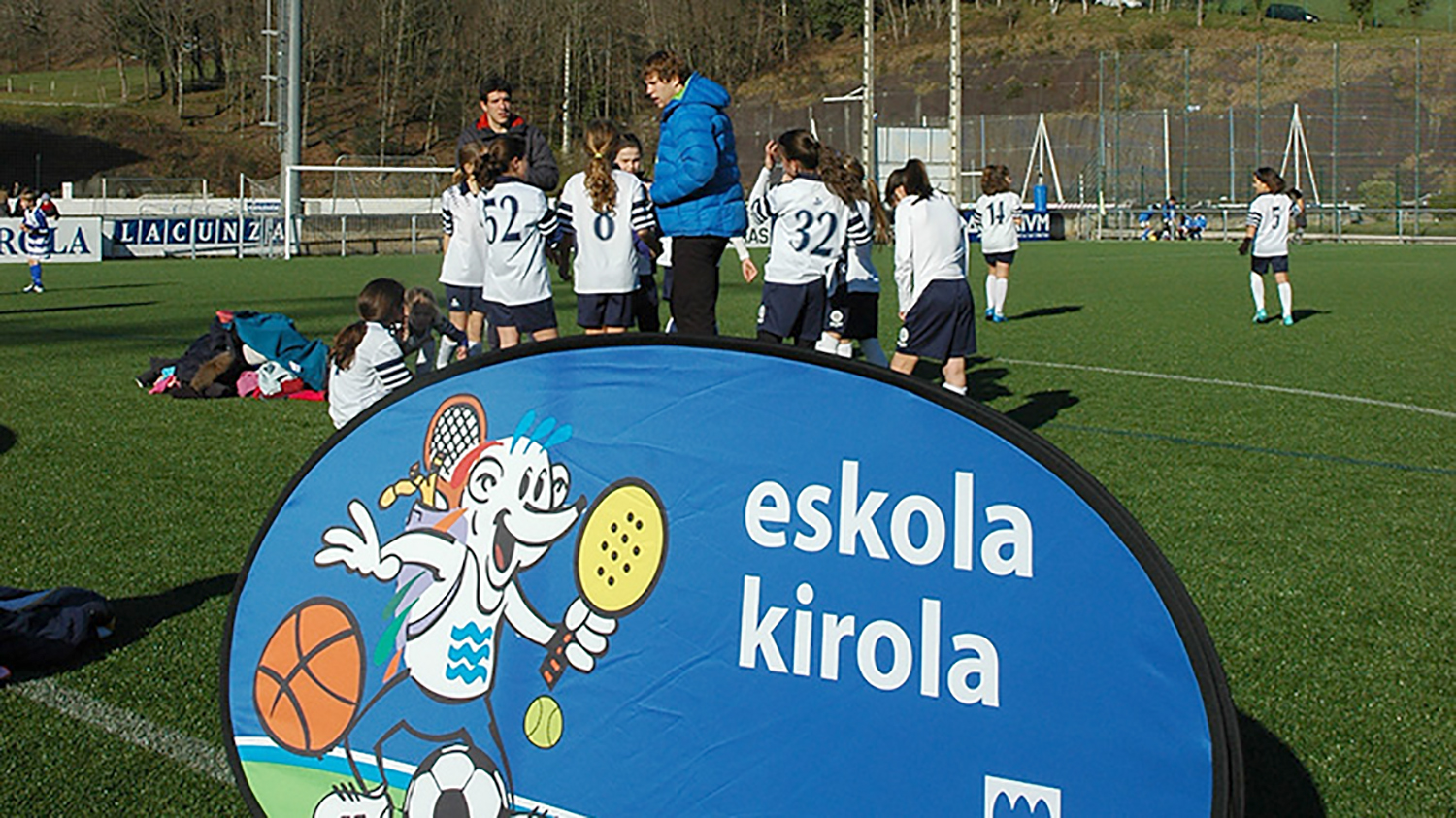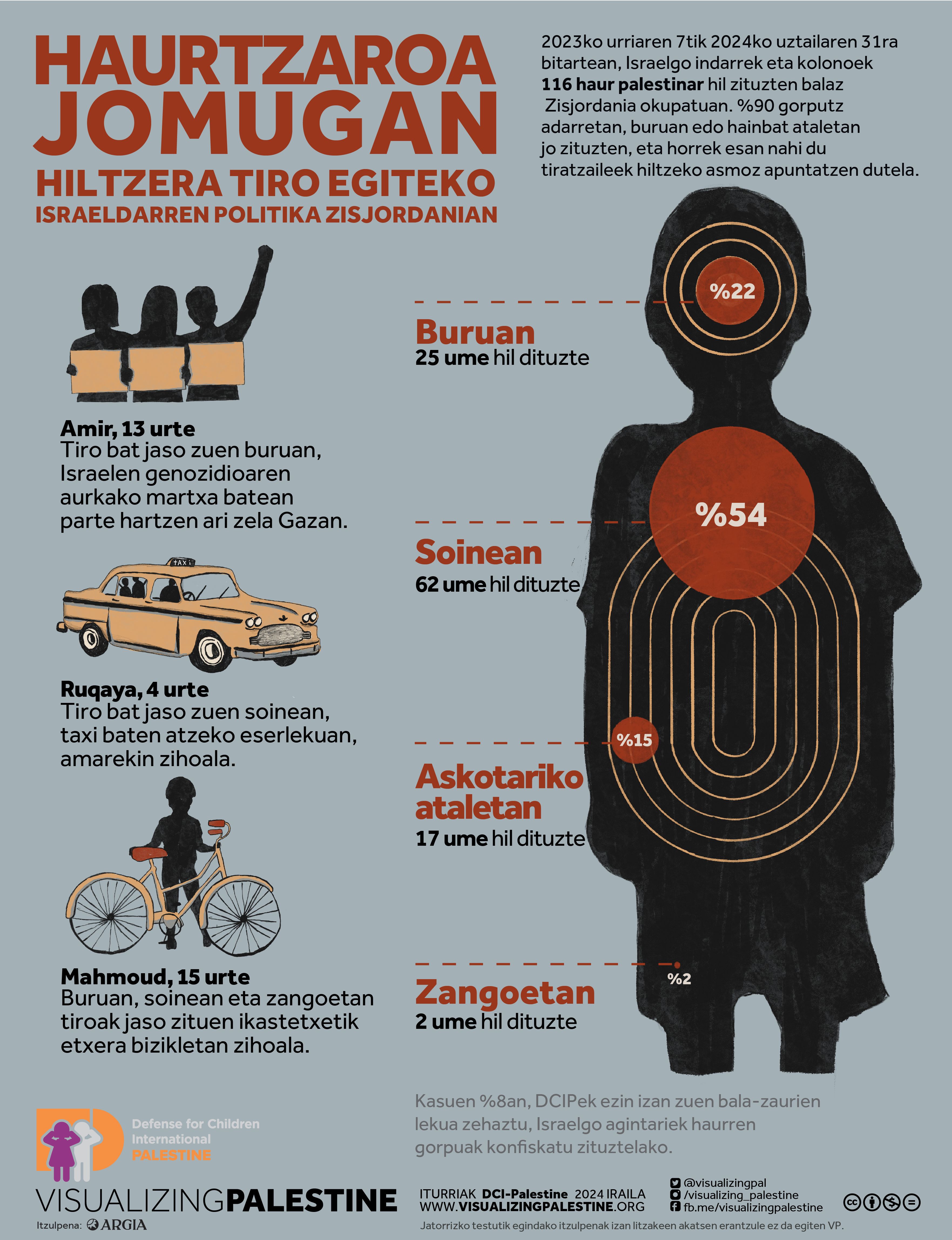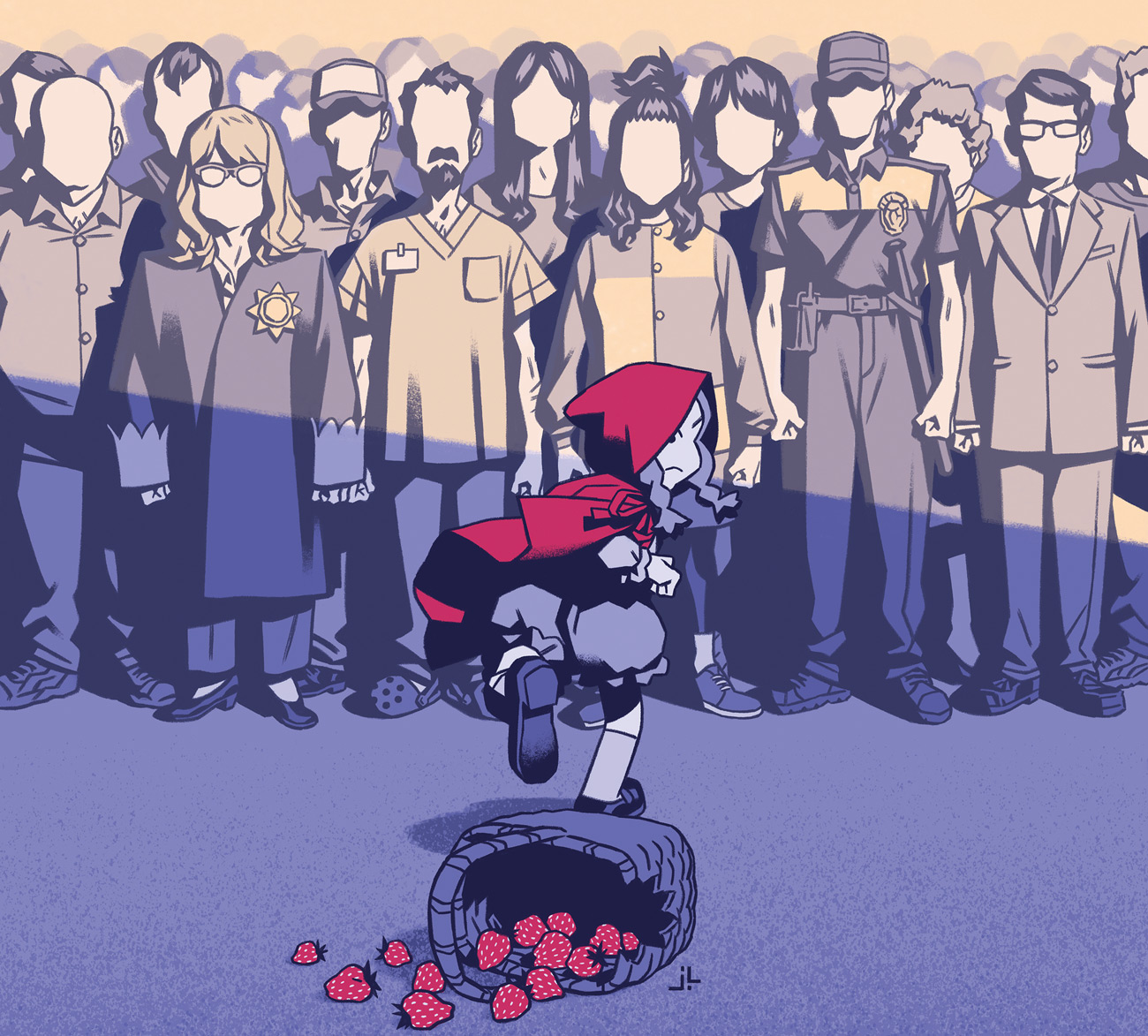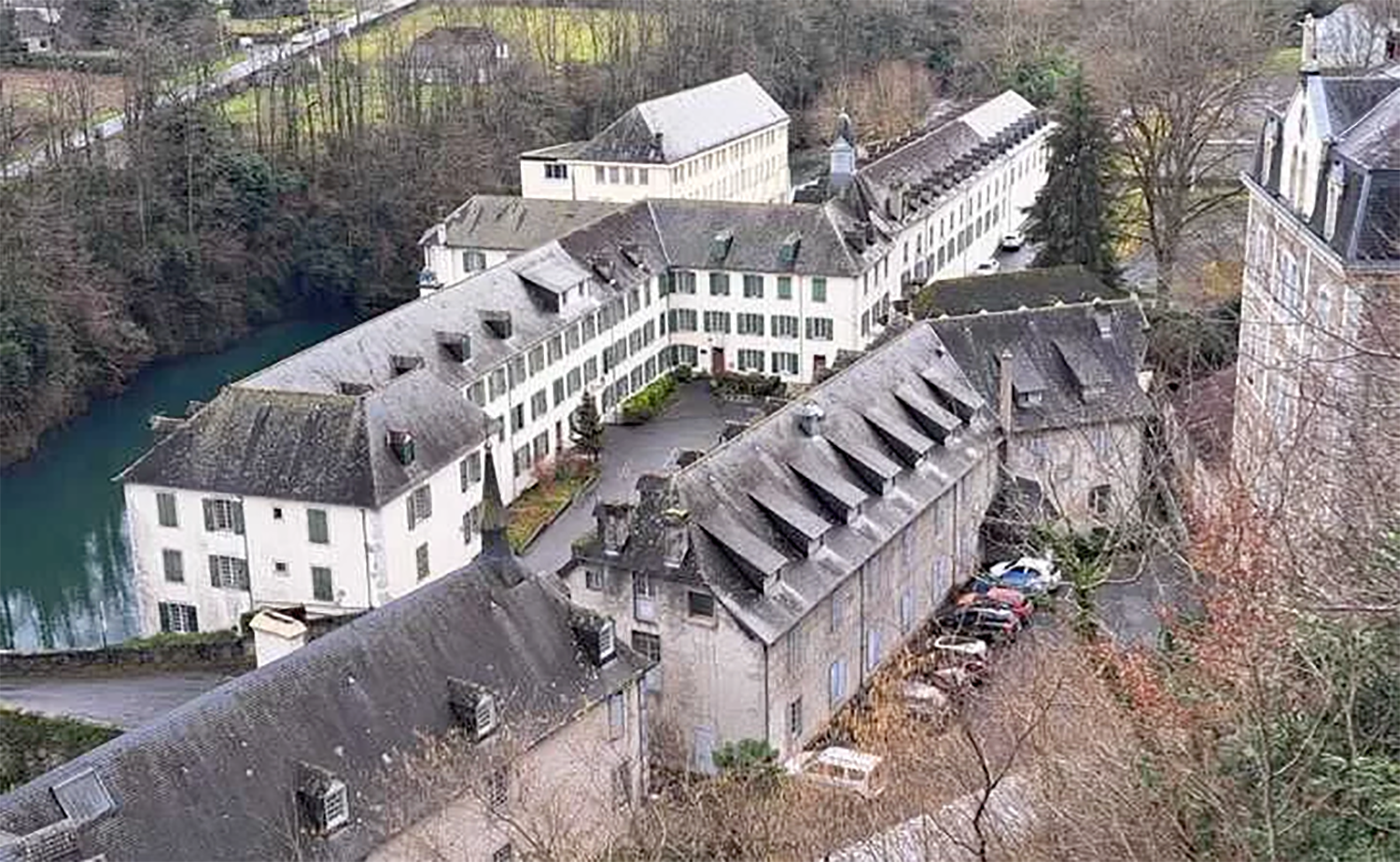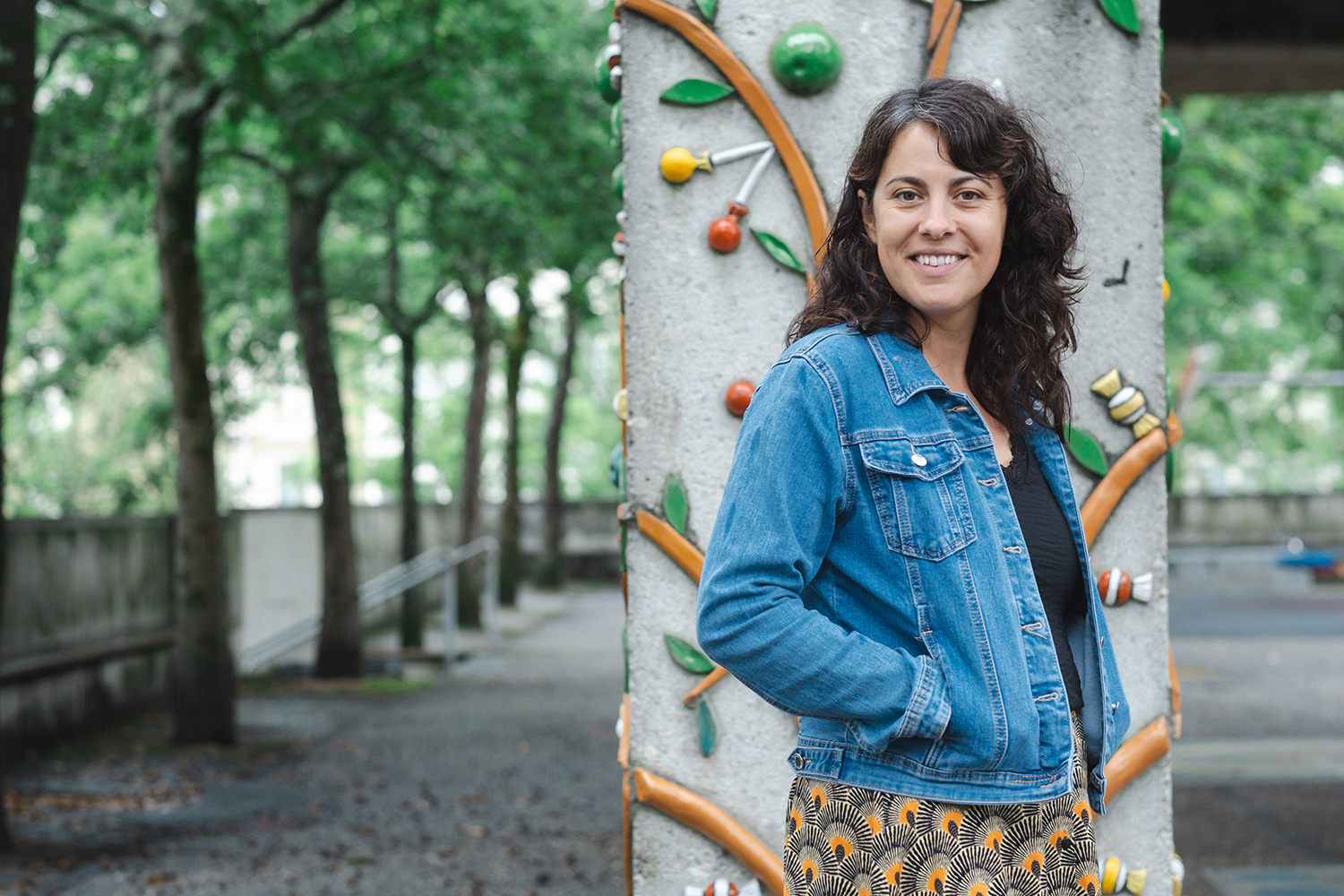The Umeak ere bai platform asks to take care of the health of children and adolescents
- The association of parents considers it necessary to prioritize open spaces, reduce ratios by half and provide the teachers with resources. They also concluded that it is "unacceptable" that children should be subject to distancing rules and face masks.

Looking ahead to the 2020/2021 year, the Umeak ere bai association has presented an assessment list in which various proposals and complaints have been submitted. In view of the “changing” protocols of the education delegations of the CAV and Navarra, they consider it necessary to extend the concept of “health” to “hygienic, mental and social well-being”.
Given the slight incidence of COVID-19 among young people, the Umeak ere bai group considered it unacceptable to establish a social distance of 1.5 meters in schools, to coerce students and to expel families from school life. In his view, social welfare should be looked at “beyond crisis and isolation”.
Educational centres
They have called for the ratio of boys and girls to be halved, for alternative spaces to be diversified, for both material and human resources to be provided to ensure the training of teachers and for outside spaces for educational centres to be supported.
Companies
As for jobs, they say that in order to reconcile the care and work of children it is necessary to have extraordinary leave without limitation, time flexibility and maternity and paternity allowances.
Last word of the parents
They claim that if compulsory schooling measures jeopardize the physical and mental well-being of children, it is legitimate for parents to have the last word about their education. Thus, they concluded that families should have the right to choose the most appropriate measures for the education of children.
Against fear
The group has shortened a number of consequences, the first one, that educating with fear “is just the opposite of the development and health of all people.” Secondly, they reaffirm their commitment to education “based on respect, cooperation and solidarity”. Finally, they have opposed an education based on “physical distancing, division and fear” and instead underlined the need to follow a path to preserve childhood, prioritize “good treatment” and “respect”.
We learned this week that the Court of Getxo has closed the case of 4-year-old children from the Europa School. This leads us to ask: are the judicial, police, etc. authorities prepared to respond to the children’s requests? Are our children really protected when they are... [+]
Today, the voices of women and children remain within a culture that delegitimizes their voices, silencing their experiences, within a system aimed at minimizing or ignoring their basic rights and needs. A media example of this problem is the case of Juana Rivas, but her story... [+]
With the words of poet Vicent Andrés Estellés, I am one among so many cases, and not an isolated, rare or extraordinary case. Unfortunately, no. Among so many, one. In particular, according to the Council of Europe, and among other major institutions such as Save The Children,... [+]









